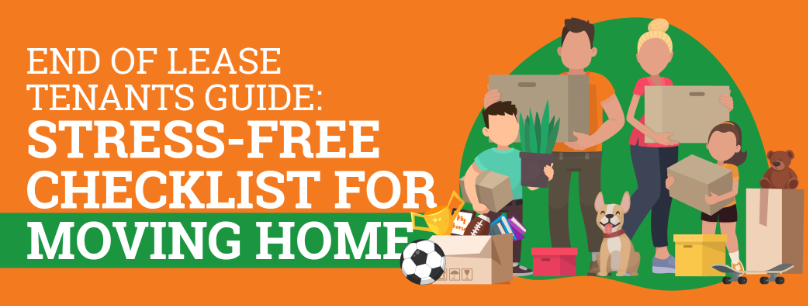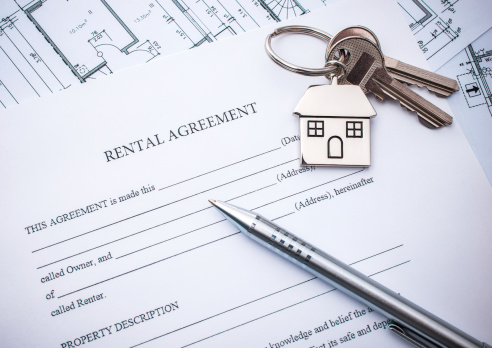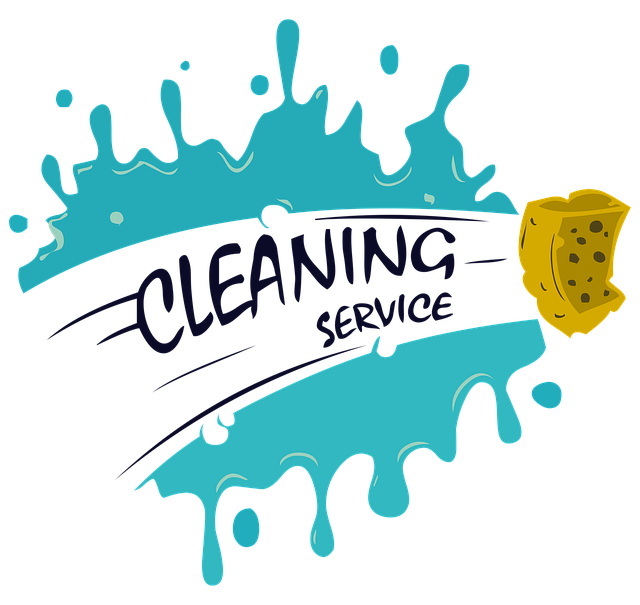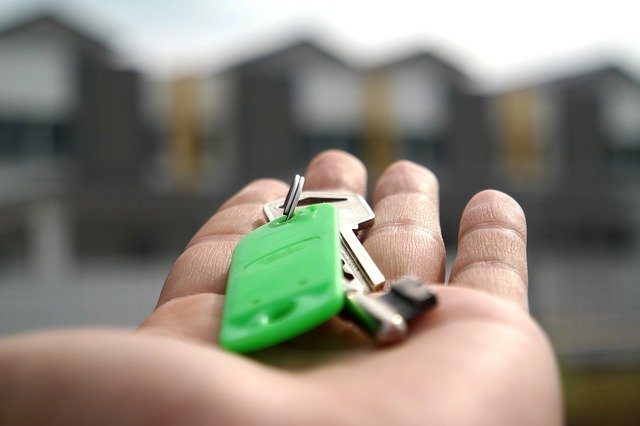
Hassle-Free Tenant’s Moving Guide
Moving into a new home can be as thrilling as it is stressful. That is why we have put together this hassle-free tenant’s moving guide to guarantee a smooth experience.
We like to think our checklist is pretty comprehensive. By following it, moving out of a rented property and getting settled into your new home will be less stressful and more exciting.
The amount of time you need to plan ahead will depend on how much you need to do. We recommend you scan through the list below and decide beforehand. Some people even need up to 2 months.
Check Your Tenancy Agreement

Before you vacate a rental, you will have multiple responsibilities to fulfil. That is why you should check your obligations well in advance.
You will have to double-check the date your lease expires. Make sure it coincides with your moving date to avoid any issues. You don’t want to have to end up paying for storage and hotels.
If you do end up having to book hotels and storage space, do so several days in advance.
And, of course, make sure you check the tenancy agreement. This way you will avoid missing any of your obligations as a tenant. These will typically include:
- You must leave the rental property in a good state of repair;
- Performing a thorough end of tenancy clean is also obligatory to guarantee it’s suitable for new tenants;
- Hand in keys, fobs and keyrings;
- Ensure everything from the inventory list is present and in working order;
- Another thing to keep in mind is that your landlord should inform you of your obligations at least 2 weeks in advance. You should check that their requirements correspond with those in your lease agreement. Some landlords may try to make you do more than what was originally agreed when you first arrived;
- You should also be invited to the end-of-lease inspection.
- These few things will inevitably play a major part in your move-out checklist. Make sure you give yourself sufficient time to squeeze in all these chores. The aim is to breeze through them at a steady pace rather. You don’t want to be rushing around like a mad thing on the last few days of your move.
Attend to the Inventory
Upon arrival in your current rental property, the landlord should have given you an inventory list. This list includes things in the property, such as furniture and fittings.
You should go over the inventory to make sure everything is present and in working order. Otherwise, the landlord can use this to withhold a percentage of your security deposit.
- If there are any missing or broken items from the list, you should inform the landlord or letting agent. They can let you know how best to repair or replace them;
- Fix things like nail holes and scuff marks well in advance of your leaving date. Performing tasks in advance, bit by bit will help you have a hassle-free experience;
- Check that all lightbulbs are working. Replace those that need replacing, as letting agents can ask an electrician to do that. That would include fees on top of the cost of lightbulbs that will be deducted from your security deposit;
- Make sure all the keys and fobs for the property are present. To avoid being charged for missing keys, get new ones cut.
If you neglect to fulfil your responsibilities, the landlord has the right to retain some to all of your deposit. That is why it is in your best interest to follow the instructions from our hassle-free tenant’s moving guide.
Admin Checks
The little odds and sods of admin duties tend to get overlooked. Make sure to pay extra attention to this section.
- It’s a good idea to secure time off work. Depending on the size of the rental, the amount of belongings you have
- and the distance you have to travel to your new place, you may want to take a couple of days off. This will secure a hassle-free moving experience;
- Inform the Post Office of the date to start redirecting your mail to your new address;
You will also need to inform all utility companies you are changing your address. Otherwise, you will be liable for services you are not using. These services include:
- Gas and electric;
- Waterboard;
- Telephone/Broadband;
- TV/Satellite;
- TV licence;
- Alternative fuel supplier (propane gas, wood chips, coal).
You will also need to inform the following institutions:
- Bank;
- Insurers;
- Driving license;
- GP/Hospital/Dentist;
- Children’s school/university;
- HMRC;
- Local authorities (council tax, JSA or other benefit agencies);
- Companies House (if relevant);
- Workplace;
- Libraries for returning books/DVDs;
- Commerce websites (Amazon, eBay, etc.).
- It is a good idea to also cancel any local services, such as newspapers, cleaners, window cleaners, and fuel delivery.
Packing
Of course, everyone has their own packing systems. However, it is always helpful to have some easy-to-follow guidelines in black and white.
- First off, you need to declutter. We advise you to start at least one month in advance. It is much easier to sort through things you need and things it’s better to dispose of in advance. After all, it is a waste of time to pack things you are just going to throw away as soon as you arrive;
- Also, keep in mind that most waste collection companies will only take so many bags a week. If you dump a mountain of them outside all at once, you may receive a heavy penalty from the council;
- Take all unwanted items that are in usable condition to a local charity shop. One man’s rubbish is another man’s treasure. Not only that, but the money goes to a good cause too;
- Make sure you have sturdy packaging boxes. You can always grab some banana boxes from your local supermarket. Avoid the larger ones as they can be hard to carry or break under the weight;
- Start with packing less-used items. You will probably stack other boxes on top of them and this way you won’t have to go digging for things you need;
- Always label boxes to avoid the frustration of losing things;
- Make sure you book your removal company well in advance. Alternatively, you could get a rental van and do your own lifting and driving;
- Another good idea is to pack one or two separate boxes with clothes and other bits and bobs you will need for your first night. Bedclothes, shower gel, toothbrush and toothpaste, towel, makeup, hairbrush, etc.
Hire a Professional Cleaning Service
Most tenancy agreements will include a clause specifying that the rental property should be left clean. Check for a clause that requires obligatory professional end of tenancy cleaning services or steam cleaning carpets, upholstery and linen.
Even if you don’t find such a clause, all landlords insist that the accommodation is spotless and ready for new tenants to move in. When the landlord deems the place unfit for its new arrivals, will hire a professional cleaning service themselves. The cost will be deducted from your deposit in this event. However, if you follow our hassle-free tenant’s moving guide, you should avoid any such issues.
Here is a list of things you should get organized in relation to end of tenancy cleaning:
- Ask your landlord or letting agent if an end of tenancy clean is required. If so, ask what exactly needs to be done, e.g. appliances, ovens, carpets, soft furnishings, windows, etc.
- Also, ask the letting agent to recommend a professional cleaning company. They will likely give you the service provider they use. This will give you the chance to compare prices and find a legitimate end of tenancy cleaning company.
- Whilst scouting for a cleaning company, give them a list of requirements from the landlord. This will enable them to provide you with an accurate quote for the job. Ask for their end of tenancy checklist to see what is included.
- Defrost the freezer. This will also likely be a requirement you can find in the lease agreement. It takes ages to defrost and won’t get done if you leave it to the last minute. You will have to pay for it to be defrosted manually if you leave it to the last day.
- Descale toilets. Due to a lot of hard water in the UK and especially in London, toilets accumulate a lot of limescale. This is often impossible to remove on the last day, so make sure to leave yourself some time. We recommend Harpic original 100% limescale remover. Apply it in the morning and it should be gone after a few days. Do not apply to chrome surfaces as it may tarnish the chrome finish.
- Don’t attempt to tackle carpet stains and spots using your typical cleaning products that say Carpet Cleaner. Those generally make the matter worse.
- Keep your receipts from professional cleaning services as proof. This will serve you if there are any disputes with your landlord regarding your deposit. If your landlord is unhappy with the hygiene, cleaners should return without any additional charge to you.
- Although all London end of tenancy cleaners claim their service is fully guaranteed, some only have a 48h guarantee. This is an insufficient period for an official report to be produced and sent to tenants. Those companies are relying on that fact to avoid any extra work. You need to find one that will leave you a window of at least 7 days.
Moving Into Your New Home
By the time your moving date arrives, we expect you will have everything organized. Especially if you have followed our hassle-free tenant’s moving guide. However, there a still a couple of things to get done before and on the day of your move:
- Given you have completed your responsibilities, it’s only fair that you should expect equal treatment in your new accommodation. Confirm with your new landlord that the property has been professionally cleaned – feel free to give them our contact details;
- If you are using your own vehicle for the move, fill up the tank the night before. Especially if you are expecting a lot of traffic. The last thing you want is a delay to refuel;
- In case you are using movers, you need to make sure they have a space to park close by. You may need to contact the local council to reserve a bay or two for the vans. Otherwise, you may end up having to pay extra fees;
- Before you move into your new home, take detailed photographs of the entire property. Run through the inventory to make sure everything is in order and keep both the inventory and the photos safe for your next move. Report anything that looks damaged to the letting agent immediately;
- Take the meter readings for gas, electricity and water from your previous rental. You should also take photographic evidence to avoid being charged for utilities you have not used;
- Take the same meter readings in your new home for the same reason;
- Before you finally leave, make sure all the doors and windows are closed and that lights and utilities are off. Also, check that the hot water tank is not on a timer.
Deposit Return
Remember that landlords have the right to refuse to return all or part of your deposit. This is only possible if the terms of the contract have not been fulfilled when you leave. Commonly, landlords make little deductions for scuffed walls or stains that have not been entirely removed. It may sound unreasonable, but it is what it is.
Should a dispute arise, you will have to negotiate with your landlord and come to an appropriate agreement. The best way to resolve an argument is to avoid a dispute in the first place!
This article is available as an infographic and you can access it here.
We wish you a happy and hassle-free move. If you have any doubts about our hassle-free tenant’s moving guide, feel free to get in touch if you need friendly advice or help!













